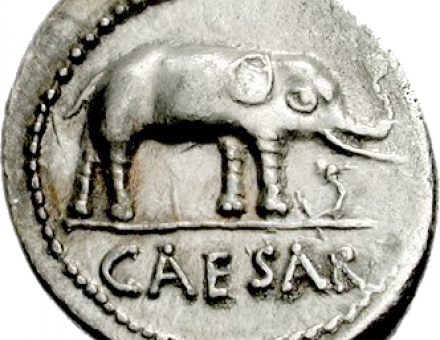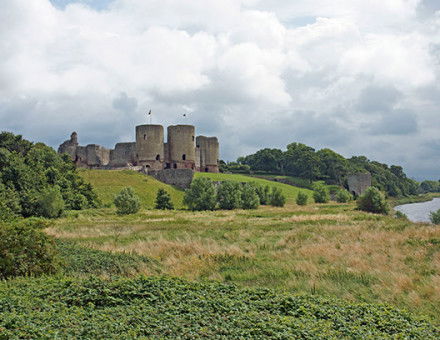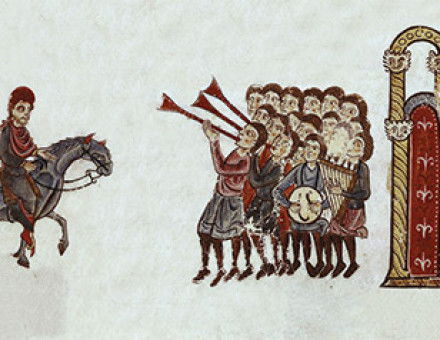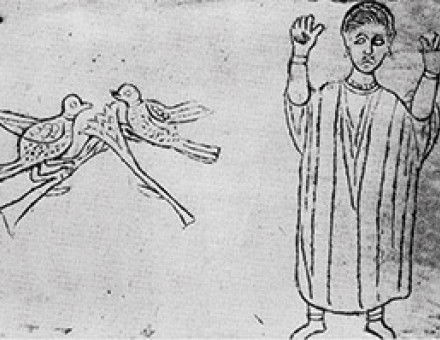Cromwell and the Historians
Critics of Cromwell, both British and foreign, have long continued to “find what they were looking for” in the records of his career and character. Some have denounced him as a hypocritical tyrant; others have described him as the finest type of middle-class Englishman. Once at least, writes D.H. Pennington, he has been acclaimed as “the greatest Englishman of all time”.







